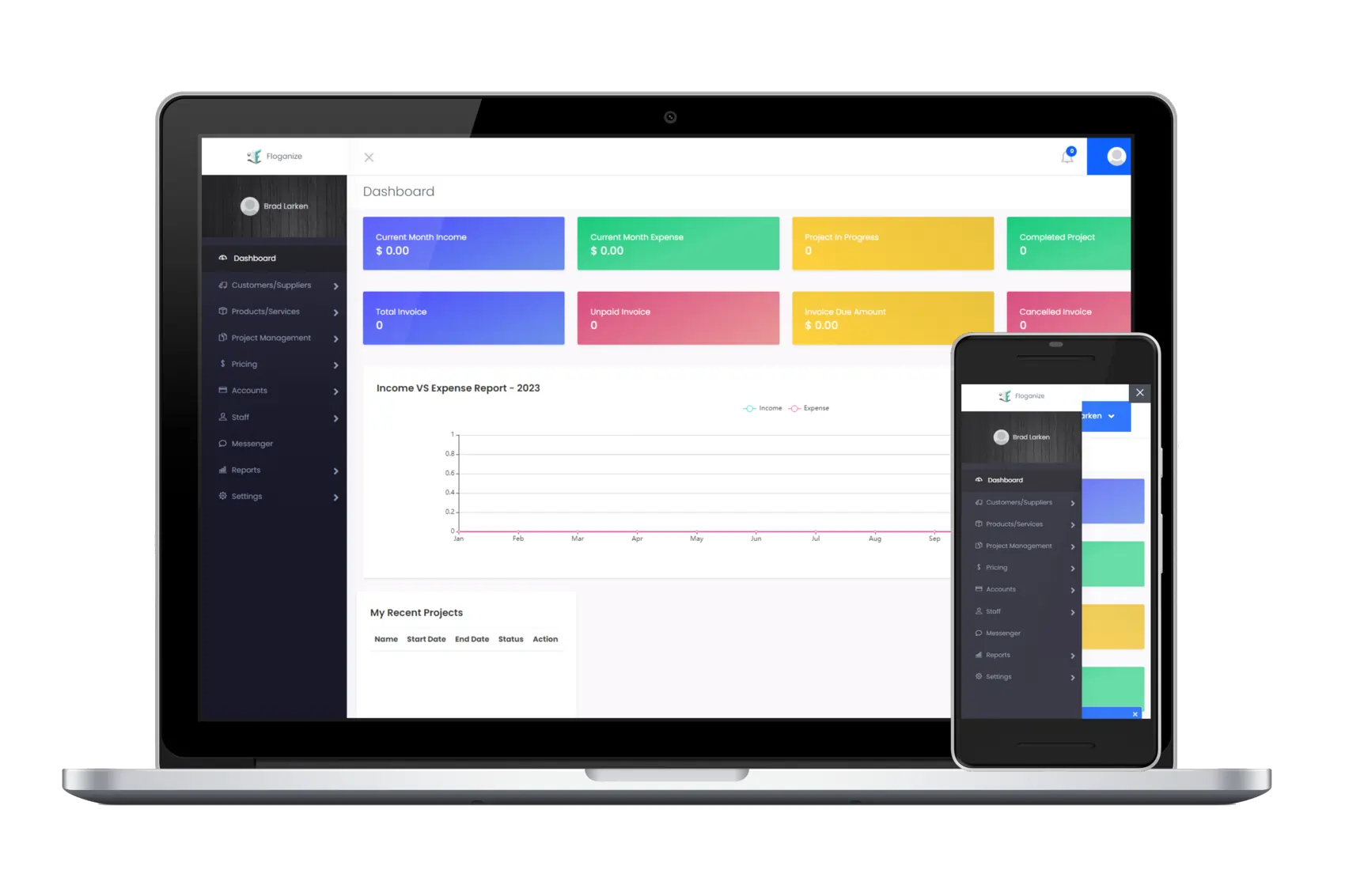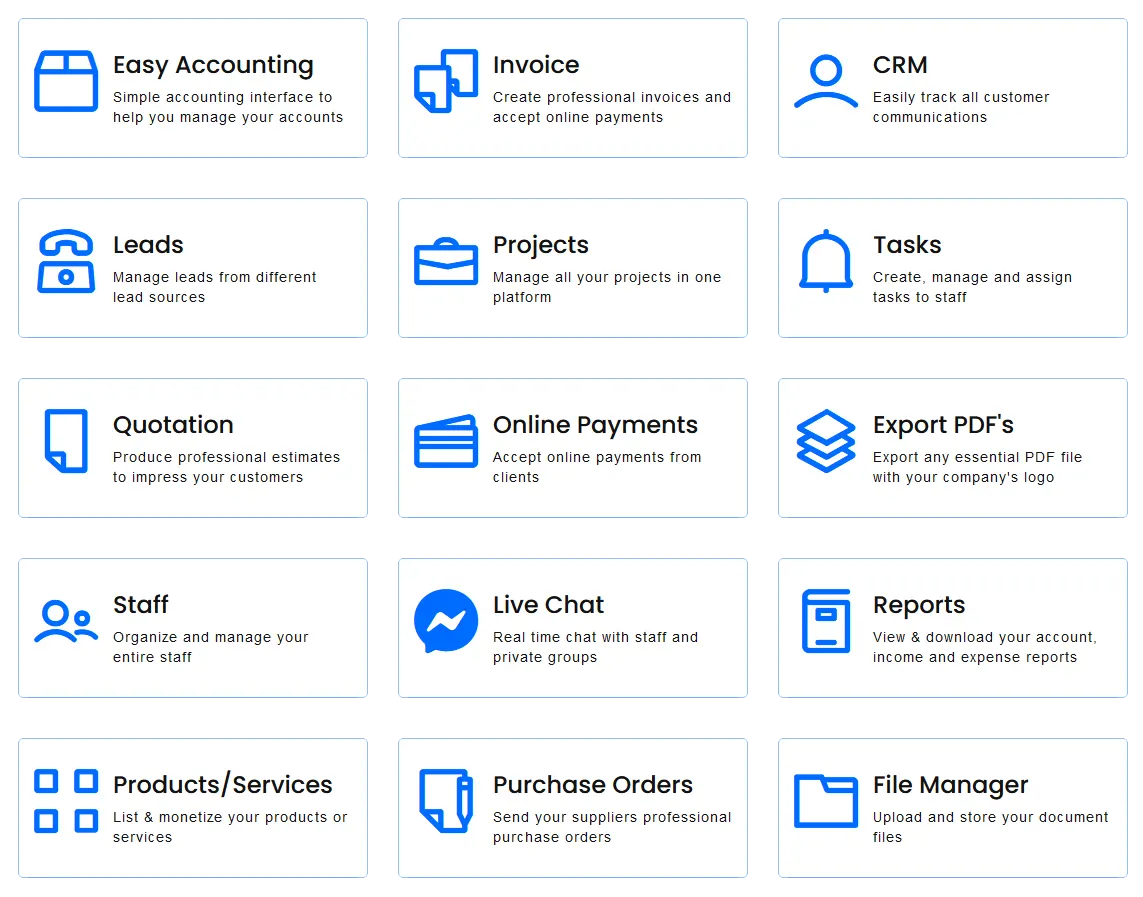What You Need To Know About Creating a Successful Business Plan
How a Business Plan Can Help

A business plan is a fantastic tool for streamlining your thought process and positioning your company for success. If you’re considering opening a business, make sure to write a business plan and adhere to it strictly.
The following are some advantages of having a business plan:
– A company strategy can keep your attention on your objectives.
– A tool that enables you to monitor your progress and adjust as necessary.
– A document to assist you entice lenders and investors.
– You can improve your business judgments with the aid of the strategy.
– Assist you in handling your funds.
Formulating a Business Plan
For any business, whether it is one that has just started out or one that has been around for a while, developing a business strategy is crucial. A business plan offers a road map for the company, laying out the goals and objectives that must be accomplished as well as the procedures that must be done to do so.
Assessing the existing state of the firm and determining its strengths and shortcomings is the first stage in developing a business plan. This includes evaluating the market position, competitive landscape, clientele, and overall financial health of the company. After doing this, the company can create attainable goals and objectives for the future.
The particular procedures that must be taken to accomplish these objectives should subsequently be described in the business plan. This could include things like marketing and sales strategies, plans for R&D, human resources, financial projections, and more. A thorough budget should also be included in the business plan because it will make it easier to monitor the company’s development over time.
Any firm can benefit greatly from a well-written business plan, which can help to guarantee that the enterprise is headed in the right direction.
Building a Business Plan: Steps to Take

1. The first stage in building a business plan is to come up with a clear and coherent vision of what your business will be. This implies that you must have a thorough awareness of the sector of the market you intend to join, the goods or services you intend to offer, your target audience, and your competitors.
2. You must develop a business model after you have a clear understanding of what your company will be. This is a thorough explanation of how your firm will function, including how you will make money, market and sell your goods and services, and oversee daily operations.
3. The third step is to create a marketing and sales strategy. This should outline your target market, your marketing objectives and goals, as well as your anticipated marketing strategies.
4. Next, you must put together a financial strategy. Included in this should be your anticipated income and expenses, as well as your anticipated start-up costs and financial needs.
5. To finish, you must assemble all the information into a comprehensive business strategy. This should contain a thorough explanation of your company’s operations, business model, marketing and sales plan, financial forecast, and risk analysis.
What Makes Up A Business Plan?
A business plan is a detailed document that explains the objectives, plans, and methods for carrying out the firm.
The following are typical elements of a business plan:
Marketing Strategy
This section describes the strategies the company will use to draw in and keep customers. It comprises a description of the company’s advertising and promotion strategies as well as its marketing plan.
Organization Description
This section gives a thorough explanation of the company, its goods and services, and its target clientele.
Executive Summary
This section gives a high-level summary of the company, its offerings, and its main goals.
Plan of Operations
The operational strategies of the company are described in this section, together with its production schedules, personnel needs, and management structure.
Budgetary Plan
The income statement, cash flow statement, and balance sheet for the company are all included in this section’s breakdown of the financial expectations.
Developing a Business Strategy from a Business Plan

An organization’s goals, objectives, and the steps necessary to attain them are described in a business plan. A company’s plan to attain its aims and objectives is called a business strategy.
While a business strategy should be dynamic and reviewed constantly to make sure it is still applicable and effective, a business plan is static and may only be changed once or twice a year. A business strategy is distinct from a business plan in a few important ways.
While a company strategy concentrates on the future, a business plan is more concerned with the past and present. A business strategy addresses how a company will compete and expand, whereas a business plan often addresses finances and operations.
A business strategy is a document that directs decision-making, as opposed to a business plan, which is designed to entice investors and partners.
It’s common for firms to launch with a business plan, but it’s crucial to understand that a plan is not a strategy. A business plan is a place to start, but in order to be effective, it must develop into a business strategy.
View the Floganize Tutorials Section to Learn More
If you want to learn more about our powerful business management software, then please click here to view the Floganize tutorials educational page. You can sign up today for a free 14-day trial! Simply click here and enjoy all of the powerful features that will simplify your daily business tasks!


